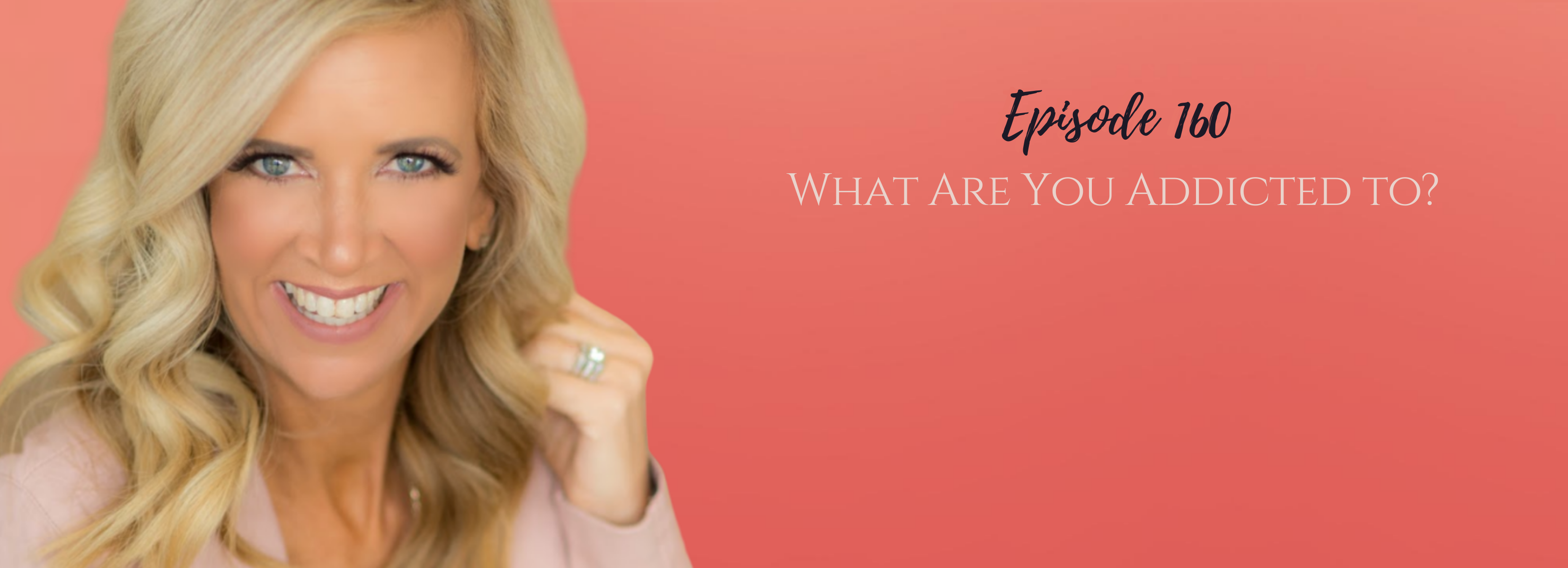
What Are You Addicted To| 5.11.2022
In this episode, Kristen talks about addiction, the different types and stages of addiction, and how you can break free from them.
You'll Learn
- The "5 C's of addiction
- The stages of addiction
- How to prevent and heal addiction
- Treatment modalities for addiction
Resources
For counseling services near Indianapolis, IN, visit www.pathwaystohealingcounseling.com.
Subscribe and Get a free 5-day journal at www.kristendboice.com/freeresources to begin closing the chapter on what doesn’t serve you and open the door to the real you.
Subscribe to the Close the Chapter YouTube Channel
This information is being provided to you for educational and informational purposes only. It is being provided to you to educate you about ideas on stress management and as a self-help tool for your own use. It is not psychotherapy/counseling in any form.
[fusebox_transcript]